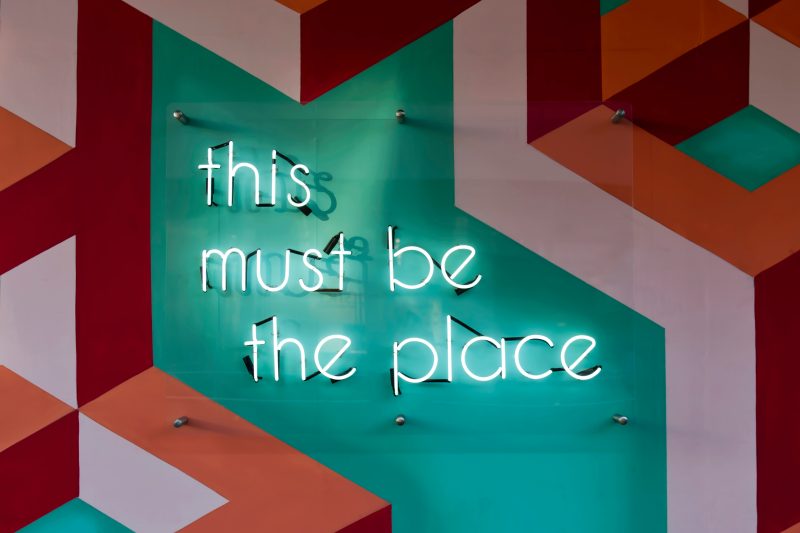cw: death, gender dysphoria, body dysmorphia
I’ve been thinking about what to write next, and I have been trying to understand what my teacher meant when he said that I needed to grow my roots. He may have said that I need to find my roots, although I think those two things are probably the same. I can’t grow into a thing if I don’t know what I’m growing into. Right?
That might not be true. I’m not sure.
What I do know is true is that I just finished watching a comedy special — a thing I do when I need something but I’m not sure what — and had the realization that everything I consume or think about has something to do with death. It is also likely true that comedy specials are only funny when the person performing them has a deep well of pain to draw from. And the deepest kind of pain comes from loss, I think.
The comedian, the person who wrote and performed the show, Alice Fraser, said something several times in her show and it’s got its hooks in me now while I ponder how true it is:
Only the unfinished can contain the infinite.
Alice Fraser
I was thinking about why it seems that I always consume media that is ultimately about death and its mysteries, when I realized it’s probably the Baader–Meinhof phenomenon, the frequency bias, because I consciously and subconsciously avoid consuming media that does not seem to have anything to do with death. Because I am thinking about death, death is what I see. Because I think about the dying, dying is what I see. And because I believe that death is a mystery, I see profound ideas about death and dying that I know are true but are also nearly impossible to comprehend or communicate.
Although, since it is true that we are all dying because we are all going to die, maybe what I see is just that facet of Truth that I am most concentrated on at the moment; and maybe everything is about death because death is a constant. It may be a constant mystery, but there it is, all the same.
I do think about death a lot. I took my death doula training last year, about six months or so into the pandemic. It should have been an on-location training, but we did it over Zoom. I had successfully avoided pandemic-Zoom up until that point, but there I was and there we were and I am grateful for the experience.
But I still don’t know how to serve the dying and the ones who love them, from a distance, not there in person, unable to hold a hand or to let a hug linger for as long as necessary, unable to watch the body language of grief. There is something so physical about death that I have, I think, a fear that support over a video chat is not ever going to be enough. And if it can’t be enough, why should I put my effort into figuring out how I can make it work?
And that is why that thing Alice Fraser said, only the unfinished can contain the infinite, is resonating inside me like a single cello note reverberates within its wooden form.
I can say with certainty that one of the reasons I am avoiding figuring out how to do meaningful death support on the phone or over video chat, is that I do not like how I physically show up in that context. My gender dysphoria and body dysmorphia have increased in their intensity during this prolonged period of pandemic. I find it very challenging to show my face or physical self, especially when the point is to focus on someone other than myself. I have a lot of fear that I will be too caught up in my own traumas that I will be unable to do my job.
It is easier to fall apart when it’s safe.
Nobody here in my chosen family is going to misunderstand my grief and trauma experiences and mistake them for laziness. I am the person who does that to me. I am unkind to myself, disbelieving my own emotions, unable to see what I can’t see. I think to myself, nothing awful is happening to me right now, so why am I sad?
I am searching for what brings me joy, hoping to find my way to my roots, and in the search I am discovering that I don’t know what I am looking for. I hope that I can still find it, whatever it is, and recognize it when I do.
featured image is a photo by Tim Mossholder on Unsplash

